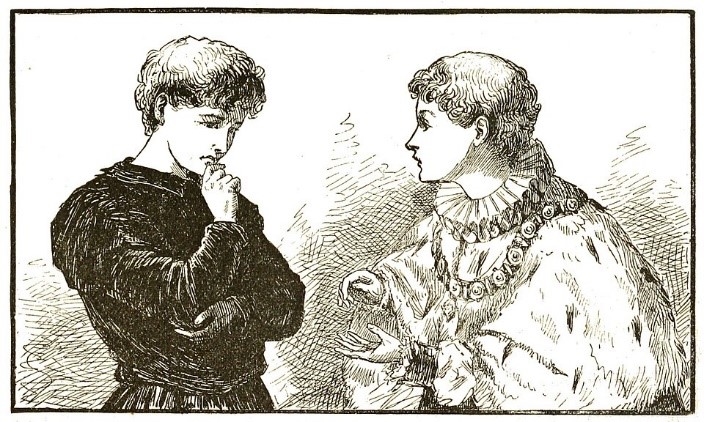


Weare naturally averse to risk and therefore more heavily impacted by losses than gains. The horror stories stick in our minds and disconnect us from the rational and logical plan we have implemented, or intend to.
Many will distance themselves from the volatility of financial markets without considering the costs of doing so, the market exposure they may already hold, and the accessibility of this area of investment. Stocks and shares are not the reserve of the wealthy and cash rich, rather they are a key instrument in most people’s financial plans, particularly if they are private pension holders(including auto-enrollment).
The Costs of Cash
Putting your money ‘under the bed’ or in a high street bank account provides certainty, provides accessibility and the latter, provides £85,000 of ‘insurance’ against failure (the Financial Services Compensation Scheme (FSCS) which protects against institutional failures).
These attributes are key to investor peace of mind … offering a home for monies with a known purpose in the short-term (fixing that 3-year old oven that is conveniently just out of warranty, thanks CDA … hypothetically) and a ‘rainy day fund’ (consider how a loss of income or a money shock could impact you).
But there’s an inherent risk to cash holdings that is not always considered or understood; namely, inflation.
I was apoplectic when I heard Quality Street would be reducing the chocolate in their Christmas tubs by 50g … and I was also pretty ‘miffed’ when fuel, groceries and council tax shot up. Paying more and/or receiving less is inflation in action. The diminishing spending power of the pound impacts future provision and can undermine savings discipline and the retirement story.
To match the £100 you safely stored in 2019 pre-Covid, you would now need £128 –that’s a 22% loss of spending power!
The ‘opportunity cost’ (the loss of the value of an alternative option) is the other consideration …
The performance of the financial markets over the last 12-months has been excellent. The highlights over the period include the Nasdaq-100 (containing US tech-stocks) returning c. 24% to investors; the FTSE-100 (hosting the UK’s largest companies) growing by over 11%; Japan’s Nikkei 225 producing a year-on-year gain of over 16%; and the German DAX40 (a benchmark of Europe’s largest economy) climbing by c. 28%.
Plus the passive income generated by dividend paying stocks must be considered; for instance, the FTSE-100 paid c. 3.3% to investors over the period. That ‘fantastic’ 5% or 6% rate you shopped around for and secured 12-months ago, now looks poor value against equity investment. There’s a place for cash and bonds, but is your exposure too high?
Of course stock market investment is volatile and requires a capacity for loss – the record highs we’re seeing may indicate a correction is due -, but the long-term prospects remain strong. Furthermore, history evidences the benefits of early investment, conviction in your choices and diversification of assets.
As my colleague reminded me, “there are two types of investor: those who can’t time the markets and those who don’t know they can’t time the markets”.
Rob Cowsill, IFA @ SW Law & Finance






